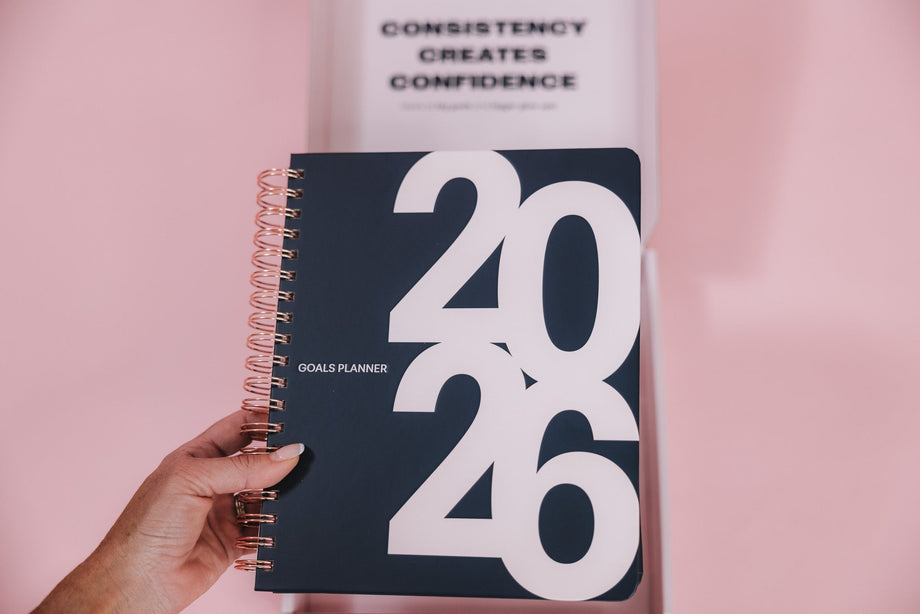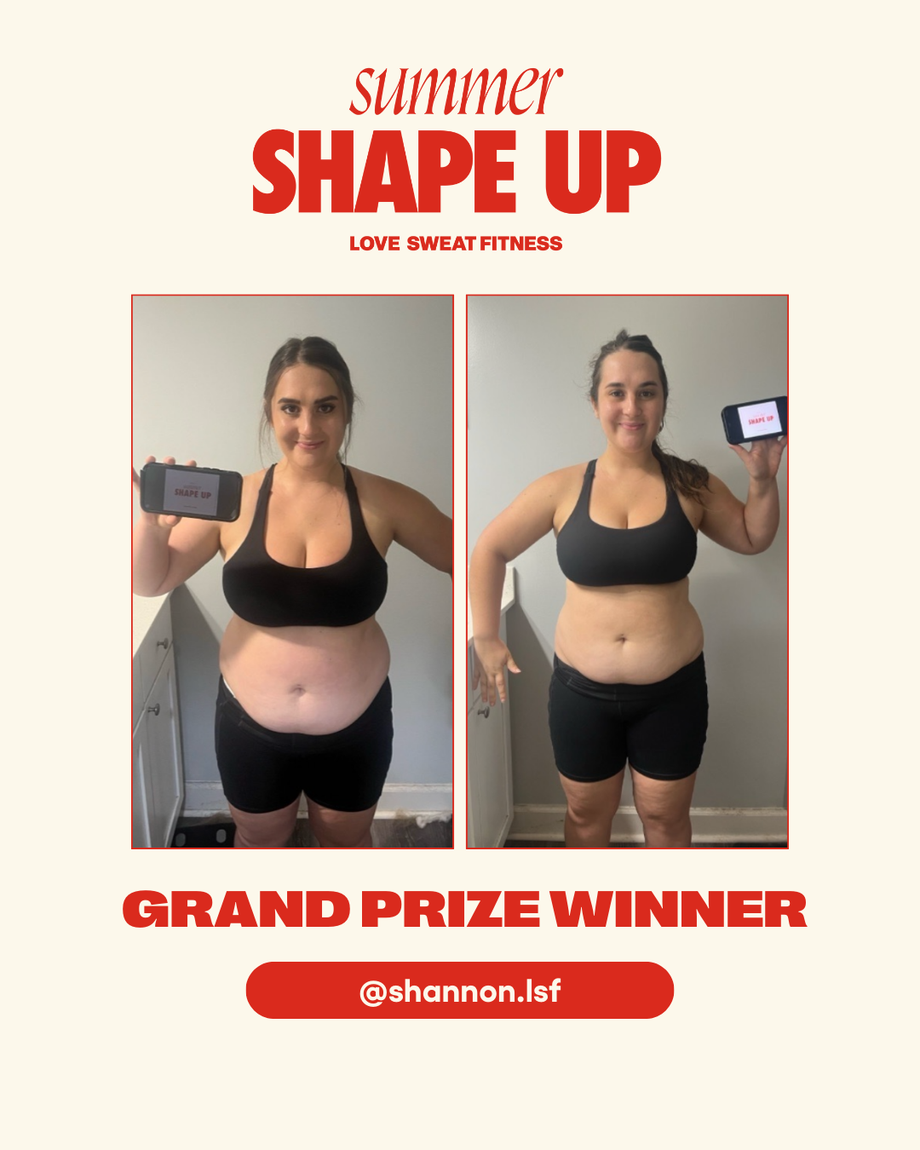Intuitive Eating - what is it and how does it work?
It's time to have a little chat with our food. At your next meal, look at your plate and say, "Food, you nourish me and I need you to be healthy."
That's right. For too long, food has become our adversary--something we've been taught to fight, resist and restrict and feel guilty about.
Guess what? Most of what we've learned about eating promotes an unhealthy relationship with food. A lot of us don't actually enjoy eating because we're focused on some weight ideal we saw on social media. Where has all that food stress gotten us? Usually on a sofa scarfing down chips.
So listen, it's high time that you and food reevaluate your time together and become friends. I mean wouldn't you give that time and focus to other relationships in your life? Serious. It's time to revisit how we relate to food, like ASA-F-ing P. We need to honor our hunger and understand how it nourishes our bodies; we need to reconnect with our instincts about eating. It is important we listen to our bodies when it comes to knowing when to stop eating when we're full, and never overeat to fill an emotional void. It's time to stop using food to cover up or bury our difficult emotions, and instead, eat food for how it's intended -- nourishment. That's why we're gonna give you all the deets about something called Intuitive Eating.
Here's the rundown:
Intuitive Eating is all about self-care and mindful eating; it combines instinct, emotion, and our thoughts. Two dietitians, Evelyn Tribole and Elyse Resch in 1995 created the concept of intuitive eating. In their science terms, Intuitive Eating is a "weight-inclusive, evidence-based model with a validated assessment scale and over 100 studies to date."
Think about it. There's so much wrapped up in food and eating. And honestly, it's a lot to unpack. Food is a huge part of our culture, our religions, our family dynamics, our emotional state, and of course, our body image. At LSF, we are all about making healthy meal choices and ditching the diet culture because it literally feeds off all of our insecurities we were taught about eating. Hunger is not your enemy. Relax. If you've overeaten and feel all bloaty and guilty, you need to give yourself a pass. We've all been there. But check it: sometimes we eat to eat, not because we're actually hungry.
We are super focused on making sure you understand how important nutritious foods (whole grains, fruits, and veggies) can help you lead a healthy life. What we're not about is telling you to restrict your meals. We want you to enjoy your meals--intuitively!
Katie can tell you that after years of regimented diets, she didn't know quite how to start the whole intuitive eating thing. She didn't know what her body needed, what the hell right food proportions actually were, or what losing weight in a healthy way even meant! That's why it was so super important for her to create healthy meal plans that let you diet with the flexibility to make it your own. With the Guiltless Nutrition Lifestyle & Recipe Book, you'll get the tools you need to take back control of your eating habits and eat intuitively!
Ditch the diets
First, make peace with your food. It gives your body fuel! And make sure you give it the nutrients it needs. And eat the foods you want. Not what some diet dictates (OMG remember the Cabbage Soup Diet?). These diets don't last because they're fads. The good thing about intuitive eating is it's for the long haul. Let's focus on eating foods that allow us to make ourselves healthier, and our minds sharper--not foods that we think will make us lose weight. That's like cruel and unusual punishment. Check out our LSF Meal Plans. We do all the heavy lifting so you don't have to. With our Meal Plans, the food is yum and the results are lasting. Learn how to fill your plate so you can lose weight and keep it off for good.
Feeling Full
The funny thing about your brain's relationship to food is that sometimes your stomach isn't even involved! We need to rewire our brain so that feeling full is a thing again. That means eating mindfully. Take away any distractions--like the TV or laptop--that might divert your attention from your food. We've all done it: mindless munching--when food goes in our mouths and we don't even know how much we've had because we're focused on something else. And then suddenly we look up and we're in a food coma or just feel blech. When you eat your food, think about every bite and eat slowly. Trust us, you'll enjoy it more. And more importantly, you won't overeat!
Portion Control
You know the saying, your eyes are bigger than your stomach. Guess what, it's usually true. When you limit your food portions, you'll be surprised at how full you get on smaller amounts. Experts say to start by dividing your plate in half. So right up front, fill half with veggies. The other half can contain your starch or protein. Voila. That's a balanced meal.
Also, consider your plate size. A humongo plate will be screaming for you to fill it. There was this one study where researchers gave people 34- or 17-ounce bowls and told them to help themselves to ice cream, those with the bigger bowls dished out 31 percent more ice cream. Dang.
For more deets on how to make your meal as nutrish as possible, look at Katie's recipes for clean eating without guilt. What to avoid and what to eliminate 100%. You're gonna love these tips so much!
(Oh, also check out this blog she wrote about overeating!)
Eat when you're hungry
One of the key practices of intuitive eating is to eat when you're hungry. This may seem like a no-brainer, but it's actually a little tricky. As time goes by and habits form, we go on countless diets, restricting what we put in our bodies, and we lose touch with when we're truly hungry -- which totally screws up our relationship with our bodies. Let's face it, food can trigger all sorts of stuff for some of us. We're talking, guilt, misery, anxiety--all wrapped up in calorie counting craziness.
Listen, we were straight-up born with hunger cues that allowed us to eat when we were hungry and stop when we weren't anymore.We need to trust our body and the cues it sends us-- instead of relying on external cues like a calorie count to tell us when to eat. It's a learning process of over-indulging and under-eating. But give yourself some grace. You'll learn to listen to your cues and eat healthfully.
MOVE
Exercise is key to living a balanced, healthy life and having a positive body image. While the focus of intuitive eating is on food and eating habits, being active is a huge part of our overall health, too. Having a healthy relationship with our bodies means including an exercise regime--but for all the right reasons. Losing weight may be an added benefit to working out, but we should exercise to improve our health, not get thin!
There's a big difference in those perspectives and studies have shown that those of us babes who choose to work out to feel joyful and better emotionally, continue to exercise throughout our whole lives. One of the best things (in our opinion) about LSF workouts and challenges, is that they're varied, and you can make them as long or as short as you need to. It's all about what you need in your life! Check out our app for daily bursts of workout joy with Katie.
OK so if you're ready to reset and start your intuitive eating journey to a healthier you, you need to make a conscious effort starting, like yesterday. End the mortal combat with your food, NOW, and give your body what it needs to be healthy by finding a meal plan that works for you. Your LSF community is always here to support your well-being! So rely on your women's intuition and start making healthy choices today!











Join the discussion